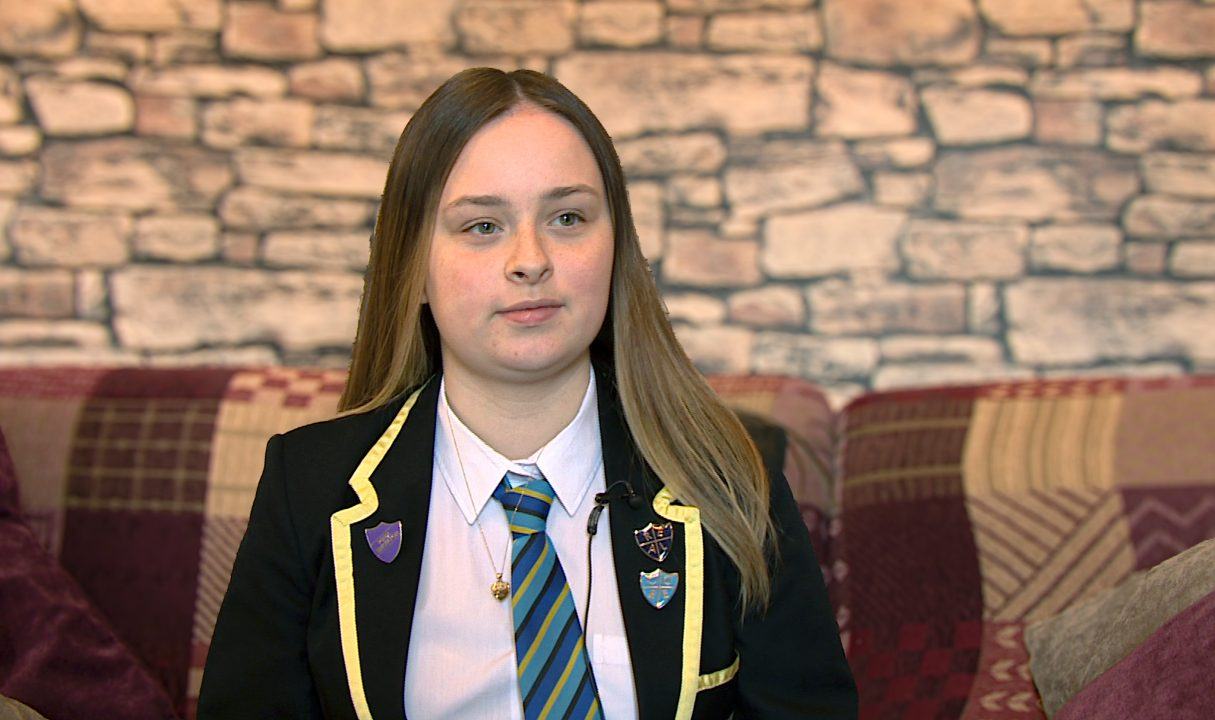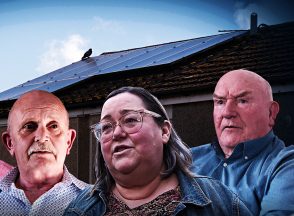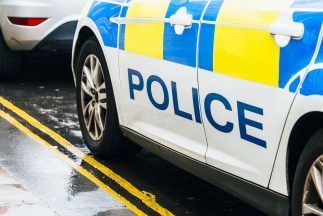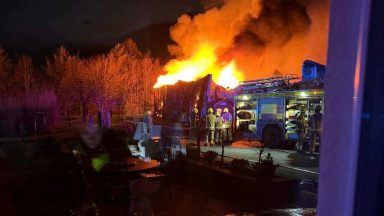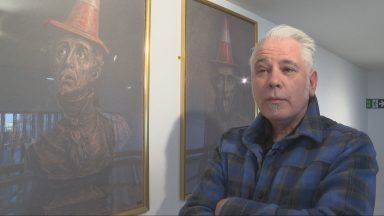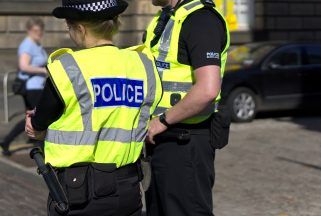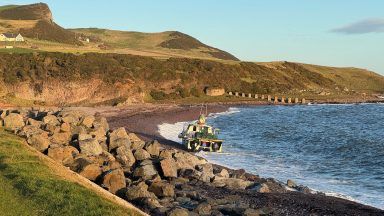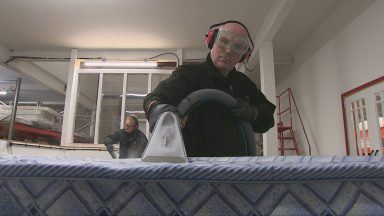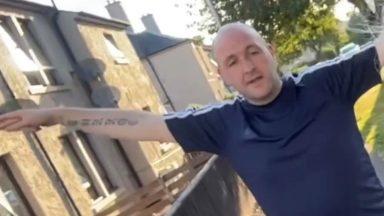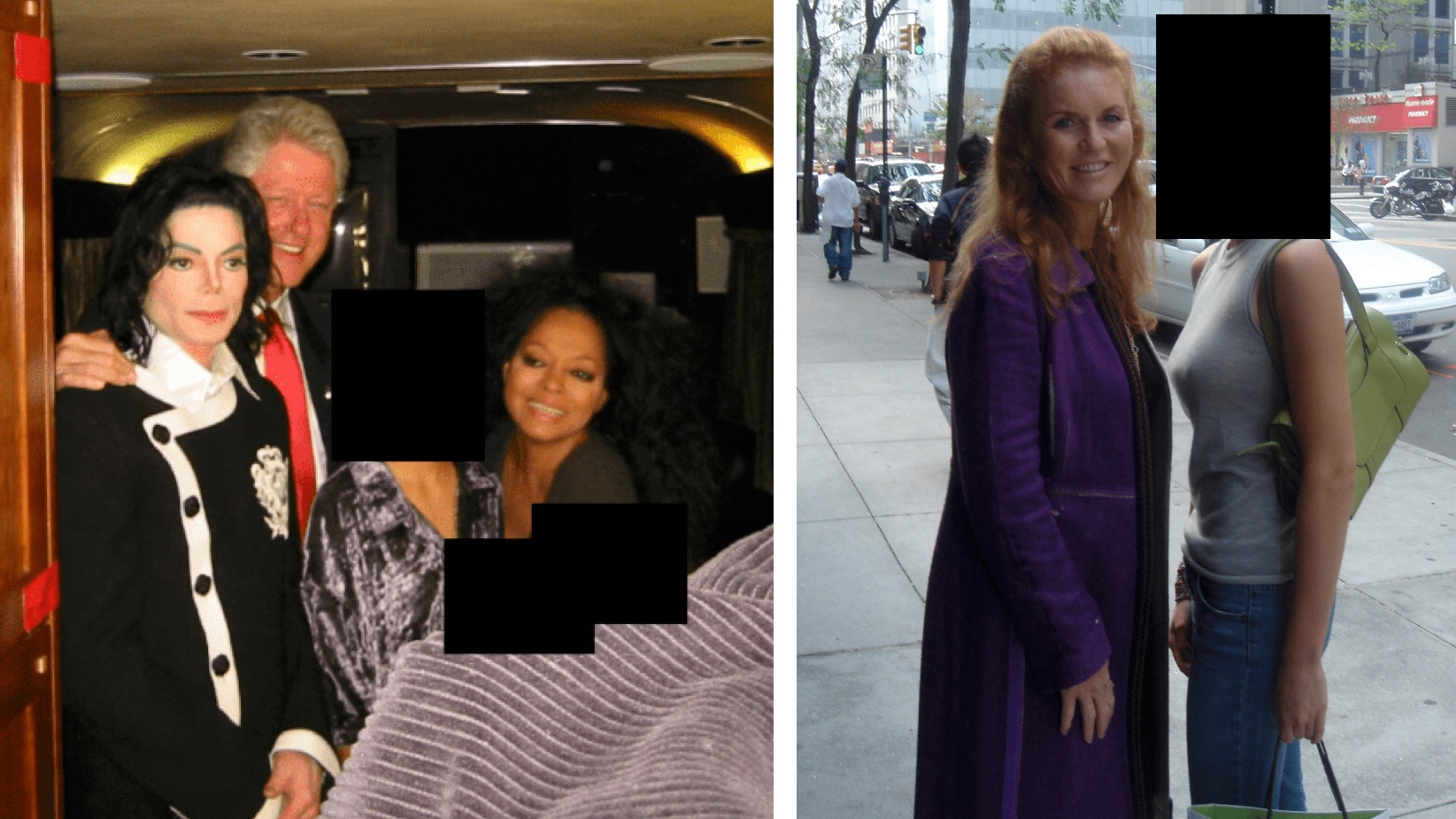A deaf teenager who won a legal fight for an interpreter in the classroom has welcomed the passing of a bill that will legally recognise students and teachers who use British Sign Language (BSL).
Niamdh Braid, 16, has been deaf since birth and has hearing aids, but her first choice of language is BSL.
Last year, Niamdh took legal action against Fife Council after being denied access to an interpreter in her classes, despite attending Auchmuty High School, which is designated as a base for deaf support services.
Her dad argued the lack of support had “denied her full access to learning for her whole school career.”
The tribunal ruled in Niamdh’s favour, finding she had been placed at a “substantial disadvantage” without BSL interpretation.
Reflecting on her experience, she told STV News: “I’ve been so tired from having to focus on lip reading, piecing bits of sentences together that I’ve missed, and then having to write stuff down while trying to lip read.
“Then if I’m writing something down, I’m then missing what the teacher’s saying at that point, but if I don’t write it down, then I’m going to miss what they’re saying because I don’t have it written down, so I don’t have those notes.”
On Wednesday, MSPs voted to pass reforms to Scotland’s Education system by 69 votes to 47.
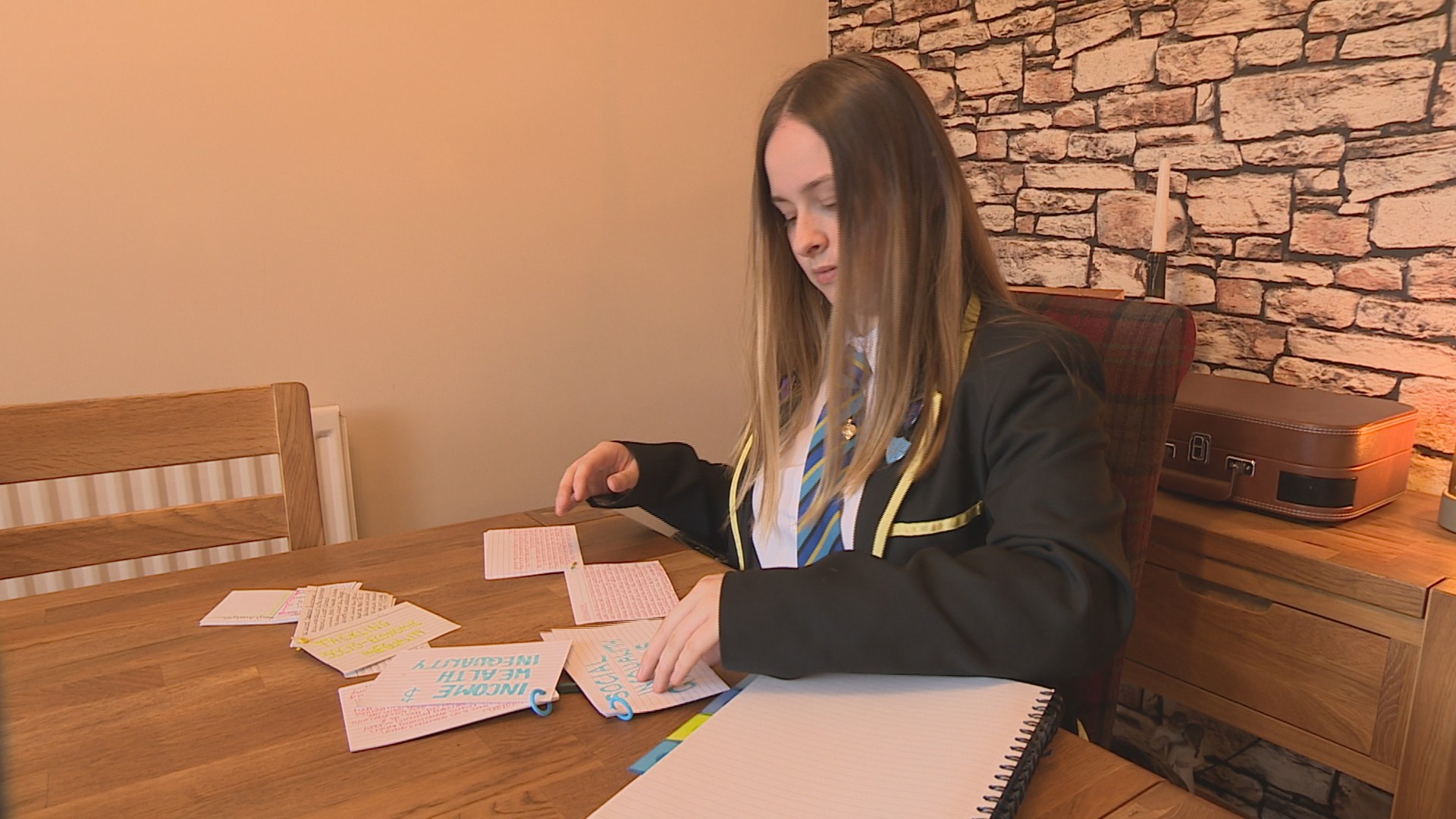 STV News
STV NewsThe Education Scotland Bill will see the creation of a new authority, Qualifications Scotland, abolishing the current SQA model and a new chief inspector of Education of Scotland.
At submission, the bill only included recognition for Gaelic learners but following a year-long campaign headed by the National Deaf Children’s Society (NDCS).
George McGowan from the NDCS says the new legislation is a huge milestone for BSL learners.
Deaf children are nearly three times as likely to leave school without any qualifications, with the NCDS saying children and young people who use BSL are now protected for the future.
George said: “We feel this is a massive move forward for young deaf children’s rights here in Scotland.
“BSL is a vibrant language which gives deaf children and young people access to a rich culture, heritage and identity.
“We’re keen to see more people learn British Sign Language to remove the barriers that exist between deaf and hearing people.
“In addition, it helps us educate the hearing community about both the deaf community and deaf culture.”
Despite this recognition, members of the BSL community are questioning why it has taken so long for the bill to include the language, despite the British Sign Language Scotland Bill coming into force in October 2015.
Niamdh is now heading into her sixth year of high school and has an interpreter to help with her studies.
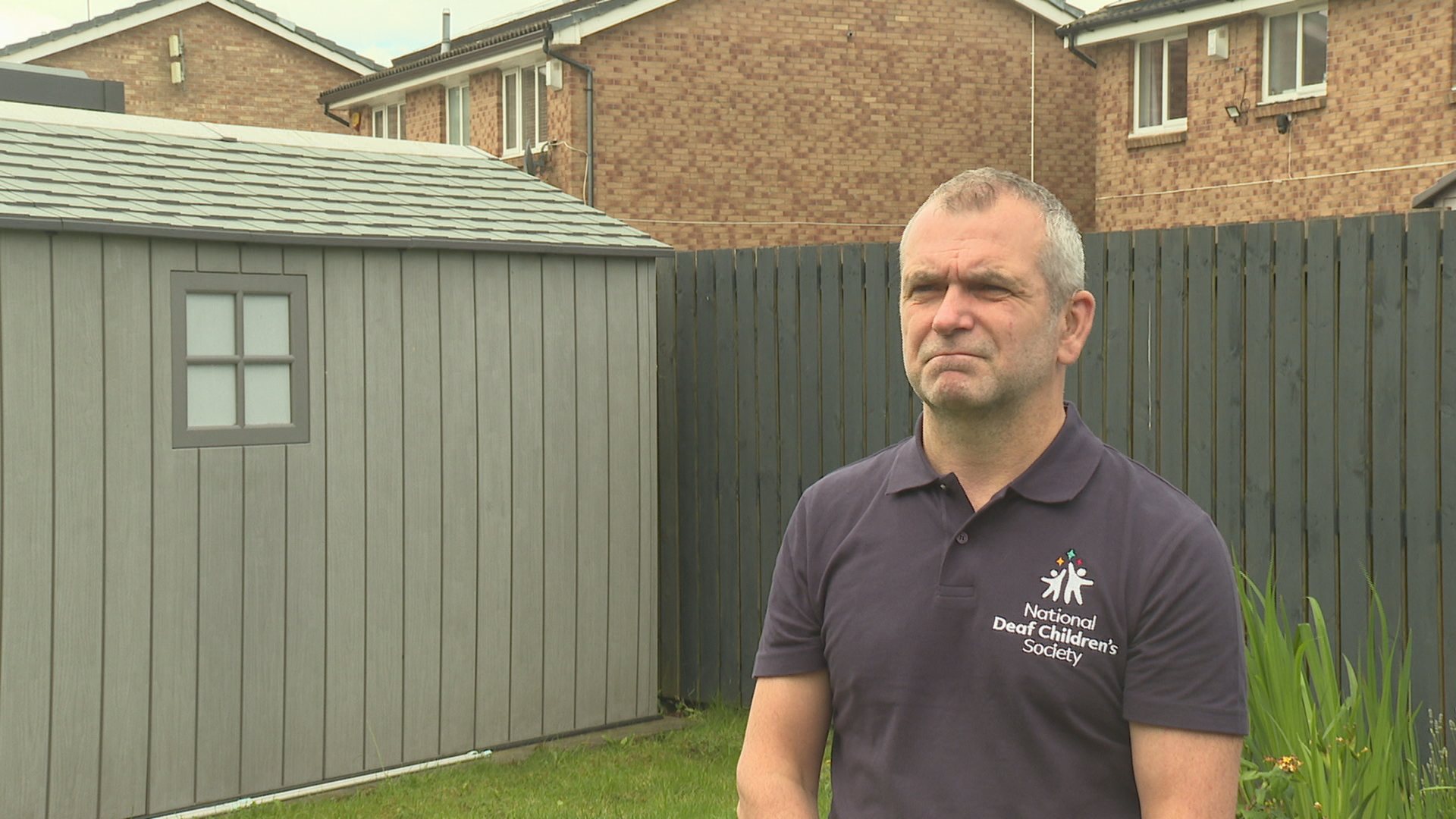 STV News
STV NewsShe says she hopes this move can help remove stigma and improve support for younger deaf children.
She said: “At the end of the day, we’re in a world that isn’t built for us; we’re in a world that was built for and by hearing people. We just need that little bit of support to be able to navigate life in a hearing world.”
Education secretary Jenny Gilruth MSP said: “I think this says very strongly to the BSL community that we value them, we want to work with them, we want to make sure that where policy does not reflect their needs, we work to get that right.
“The government did that. It’s so important I know to the BSL community that we have that reflected in all that we do, particularly in an education space where we know those entitlements are absolutely fundamental to supporting our young people.”
Follow STV News on WhatsApp
Scan the QR code on your mobile device for all the latest news from around the country


